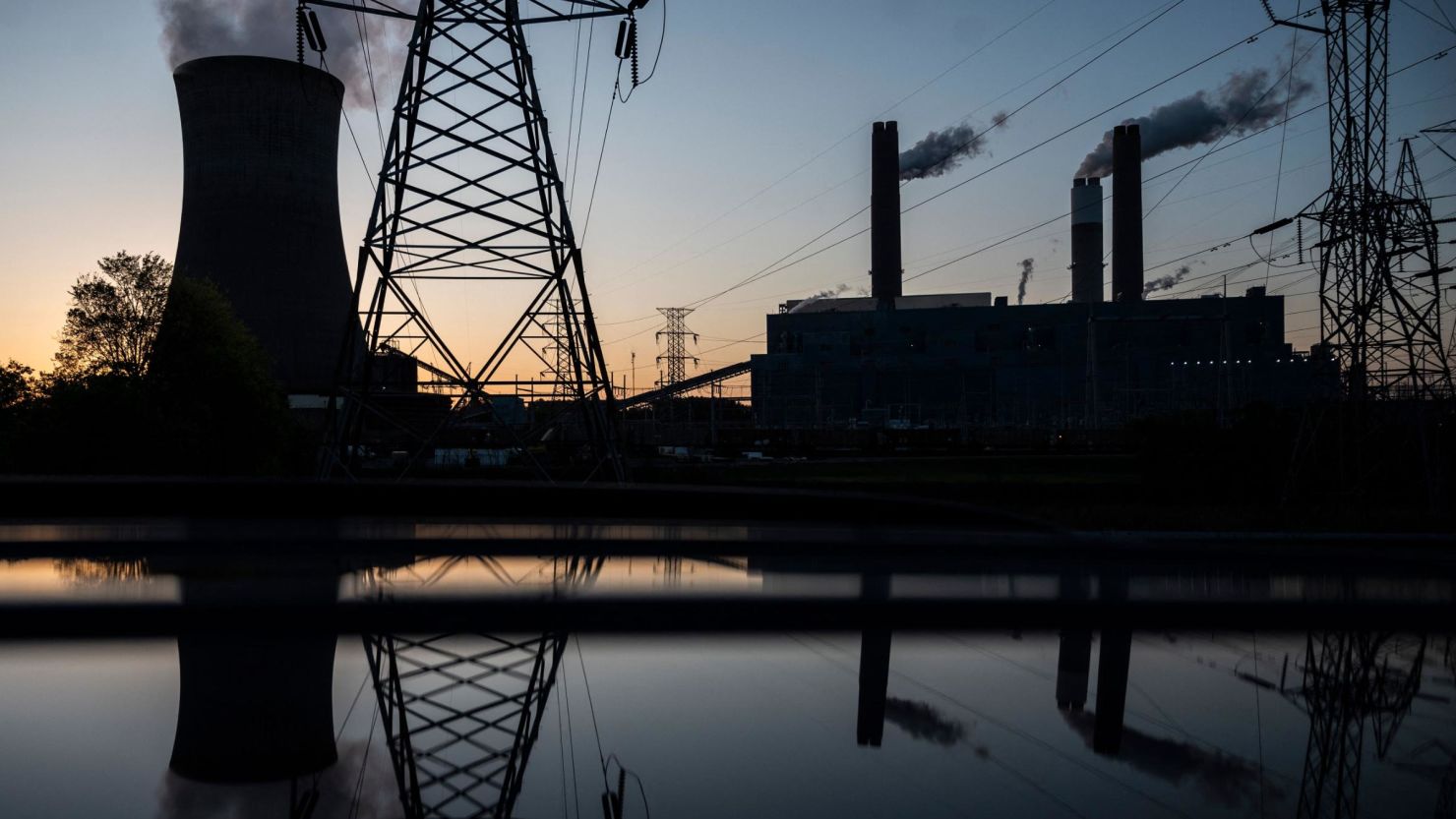The Environmental Protection Agency on Wednesday proposed a new rule for regulating wastewater from coal-fired power plants that are stronger than previous rules in the Obama and Trump administrations.
“Coal-fired power plants discharge wastewater that can contain toxic metals and other pollutants that contaminate our vital water sources,” EPA Administrator Michael S. Regan told reporters Tuesday. “I’m proud to share the agency is proposing the strongest limits ever on wastewater discharges from coal-fired power plants.”
The wastewater proposal follows an announcement in January that the EPA plans to stop six coal-fired power plants from continuing to dump coal ash – a toxic byproduct of coal-fired electricity – into unlined ponds, which can leach into groundwater and nearby waterways.
Wednesday’s proposed rule would regulate three types of wastewater generated at coal fired power plants. It also addresses wastewater stored in coal ash ponds. Regan said the EPA estimates the strengthened rule would reduce this toxic pollution by over 580 million pounds per year.
The proposed rule would largely not impact coal-fired power plants that already plan to stop burning the fuel by 2032, Assistant Administrator for the EPA’s Office of Water Radhika Fox said – since those plants would be able to comply with the rule “without significant investment.”
It is one of several major new or strengthened regulations the Biden administration has rolled out regarding coal power, and it is preparing to release its widely anticipated rule regulating greenhouse gas emissions at coal and natural gas-fired power plants.
Regan suggested additional rules would be released soon, and said EPA has worked closely to inform utilities, the power sector and environmental groups when they would be out.
Regan said the wastewater rule would be done “in concert with other rules” because he had committed to “try to align our rules so the sector could have some regulatory certainty and understand what longterm investment strategies look like to protect public health and communities.”
EPA officials said the new rule would likely force the closure of a single coal-fired power plant, though they did not say which plant would not be able to meet the new regulation. It would also have the effect of reducing the amount of coal burned at other plants, they said.
“The rule is not aimed at driving a specific outcome in terms of a company’s investment strategies; it’s setting a standard to protect public health and water quality,” Regan told reporters. “We’re letting the science speak for itself.”





